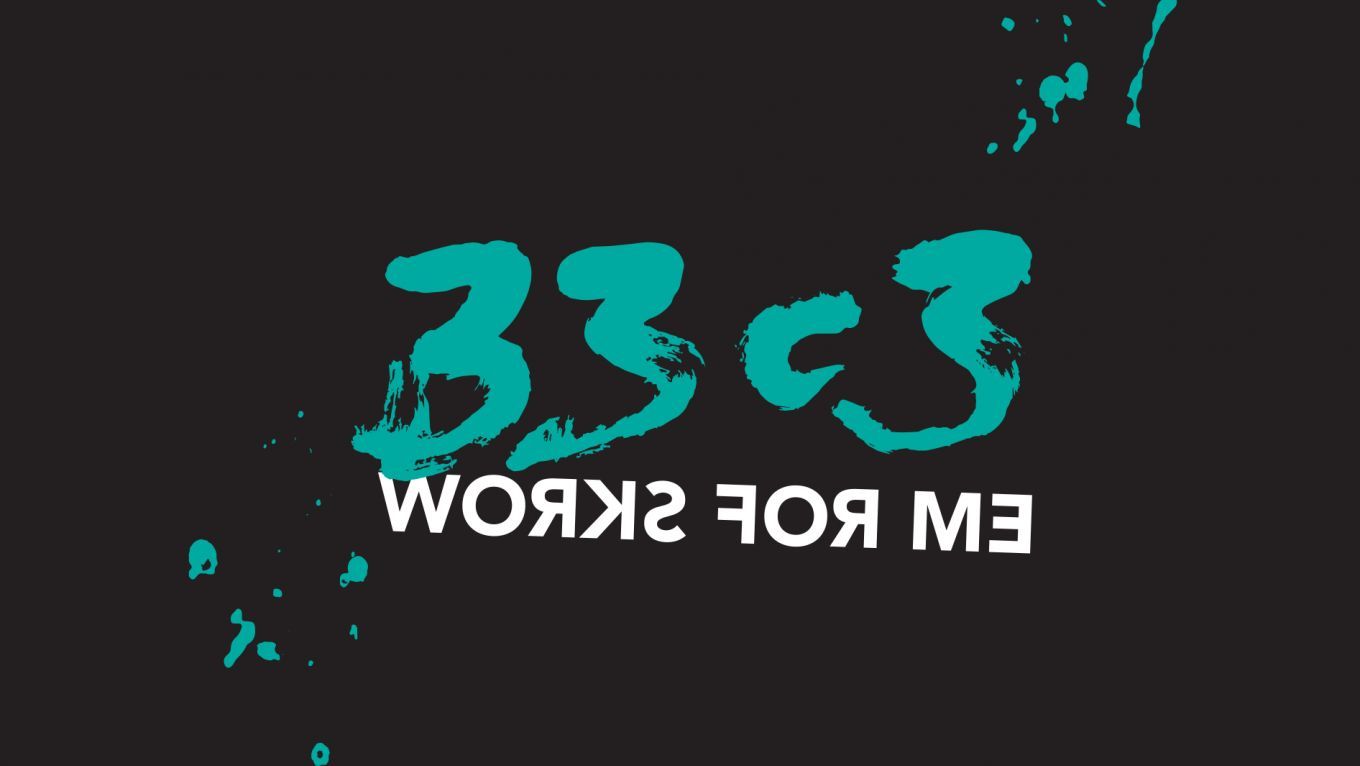Ethics, Society & Politics
The High Priests of the Digital Age
The High Priests of the Digital Age Are Working Behind Your Back to Make You Confess, and Repent.
Just as 18th century priests enforced total surveillance measures on masturbators, the new priests of the digital age are listening to your confessions and forcing you into puritanical repentance.
Who doesn’t have a relative, a friend, a colleague, who broke up because of an iMessage showing up on the wrong device, fooled by the iCloud, by a suspicious Facebook like, or a Pokemon caught in the wrong neighborhood?
I want to make the claim that a new system of surveillance, organized by the new priests of our digital age, are slyly acting behind our back to make us conform to a new form of puritan morality.
At the beginning of the 18th century, masturbation suddenly became a topic of intense reflection. In the Enlightenment Encyclopedia it is described as the new disease of a wounded conscience and a heinous sin. Surprisingly, the Christian Church was not responsible. It had, until then, never regarded masturbation as anything other than a marginal problem for adult men (and especially monks).
The people responsible for making masturbation a sin were economists, who worried about the consequences of masturbation for productivity in an economy that depended on the endless desire for more. The condemnation of masturbation spread, and in no time, doctors were making scientific claims to prove the dangers of masturbation, while priests made it their new obsession.
In the confessional, the sinners had to avow everything, not only their reprehensible actions, but their reprehensible dreams, the languorous images that crossed their consciousness, the birth of desire in their troubled mind. The priests demanded to know it all, the most inner thoughts of the masturbators. The sinner was meant to keep his own mind under surveillance.
Today, we believe that we have overcome this obscure period. Masturbation is widely accepted as a healthy sexual practice. But most importantly, our liberal democracies strongly posit that public ethics should remain neutral regarding sexuality, and that each one of us is free to have the sexuality that we prefer, enjoy, and that no institution is authorized to morally judge us for our sexual activities.
Yet, I want to make the claim that a new system of surveillance, organized by the new priests of our digital age, are slyly acting behind our back to make us conform to a new form of puritan morality. Just as the 18th century priests did in their Churches, the high priests of the digital age listen to our confessions, record them, and eventually make us repent.
Who doesn’t have a relative, a friend, a colleague, who broke up because of an iMessage showing up on the wrong device, fooled by the iCloud, by a suspicious Facebook like, or a Pokemon caught in the wrong neighborhood?
The economic interests of having us behave morally are numerous: the best customer is predictable, and who is more predictable than an obedient child, or a pious wife or husband? From the pithy history of masturbation to real life break-ups, I will demonstrate the dark connections between digital surveillance, neoliberal economics and morality.
I am a researcher at Columbia University and Sciences Po Paris in political philosophy. I am an expert of the Snowden case and digital surveillance. This will be my first talk on masturbation.
Additional information
| Type | lecture |
|---|---|
| Language | English |
More sessions
| 12/27/16 |
As they say in the Air Force, ‚No comms no bombs‘, – A technician’s insight into the invisible networks governing military drones and the quest for accountability
|
| 12/27/16 |
Both strong end-to-end communications encryption and device encryption are legal in most jurisdictions today, and remain widely available. Yet software programmers and hardware producers are increasingly under pressure from law enforcement and policy makers around the world to include so-called backdoors in encryption products.
|
| 12/27/16 |
Polizeibehörden und Geheimdienste sammeln Daten der Bürger – mehr als je zuvor. Der Bestand an unterschiedlichen Datenbanken ist enorm gewachsen und geradezu unübersichtlich geworden. Aufgrund datenschutzrechtlicher Regelungen gibt es für etliche dieser Datenbanken einen gesetzlichen Auskunftsanspruch des Bürgers.
|
| 12/27/16 |
In early 2015, the Federal Bureau of Investigation hacked computers in Austria, Denmark, Chile, Colombia, Greece, and likely the United Kingdom and Turkey too. In all, the agency used a Tor Browser exploit to target over 4000 computers spread across the world based on a single, arguably illegal warrant.
|
| 12/27/16 |
This talk presents the results of the technical analysis for the German Parliamentary Committee investigating the NSA spying scandal on geolocation methods in mobile networks.
|
| 12/27/16 |
Nach drei Jahren wurde endlich die nutzerunfreundliche Praxis des Routerzwangs („Compulsory Routers“) gesetzlich für unzulässig erklärt, und aktuell treibt uns die EU-Funkabschottung („Radio Lockdown Directive“) um. Um was geht es dabei? Und was können wir daraus für andere Fälle lernen?
|
| 12/27/16 |
After three years the EU has for the first time new Net Neutrality rules. What do they mean in practice? Which commercial practices by ISPs are allowed and which have to be punished by the telecom regulator. We give an overview about three years of campaign and where we go from here.
|

